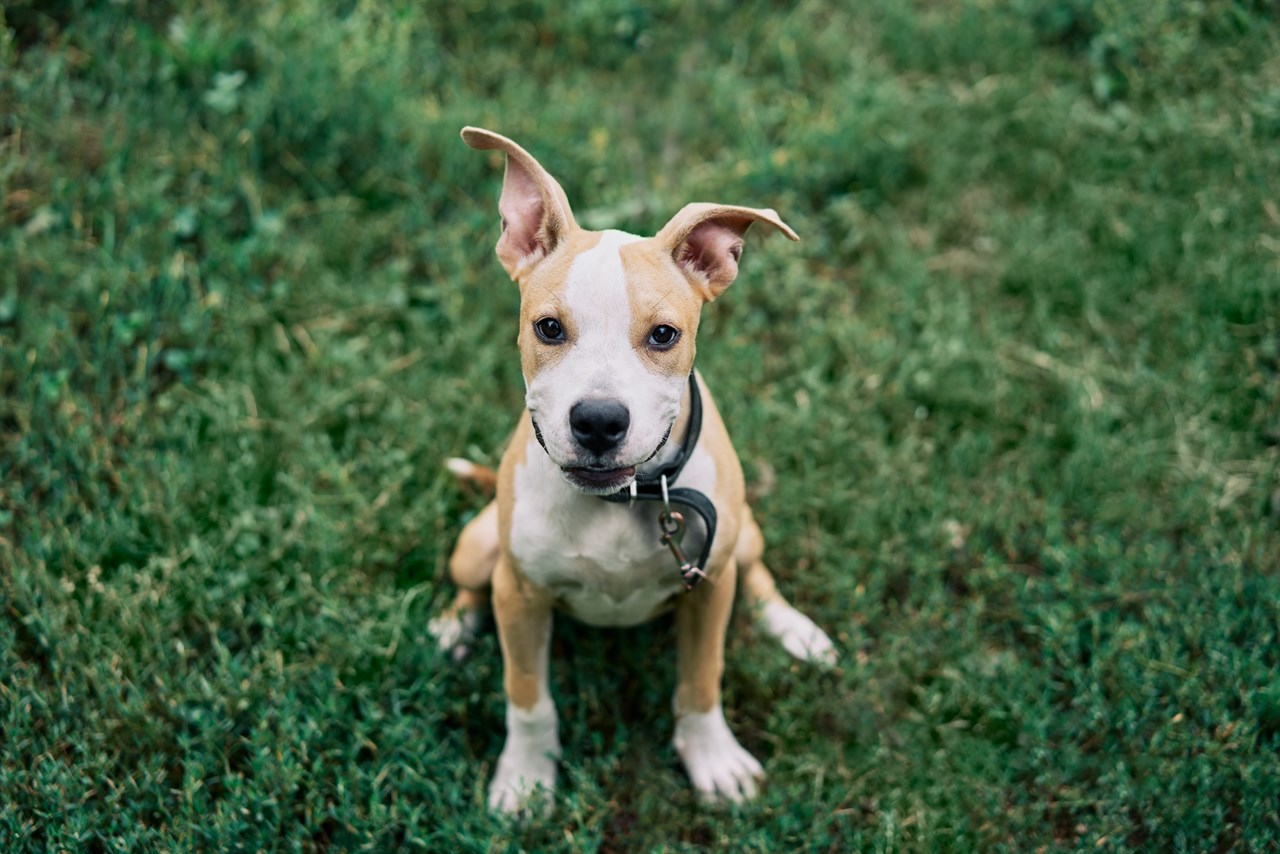Downsides or Disadvantages of American Staffordshire Terrier Ownership

While American Staffordshire Terriers, often called Amstaffs, are beloved for their loyalty, affection, and intelligence, it's important to acknowledge some of the potential downsides or disadvantages of owning this breed. Responsible ownership requires being aware of these factors to provide the best possible care for your Amstaff.
Strong-Willed Nature
Challenge for Novice Owners: Amstaffs can be strong-willed and independent, which may pose challenges for novice dog owners. They require consistent training and clear boundaries.
Exercise Needs
High Energy Levels: Amstaffs are an active breed with high energy levels. Failing to meet their exercise needs can result in behavioral problems. Owners must commit to providing regular physical activity and mental stimulation.
Separation Anxiety
Bonded to Owners: Amstaffs tend to form strong bonds with their owners, which can lead to separation anxiety when left alone for extended periods. This may require additional training and attention.
Socialization Requirements
Early Socialization: Proper socialization is crucial for Amstaffs to ensure they are well-adjusted and comfortable around other dogs and people. Lack of socialization can lead to aggression or fearfulness.
Breeding Stigma
Misconceptions: Amstaffs are sometimes mistaken for pit bulls or associated with pit bull-related stigmas. This can lead to unwarranted fear or discrimination based on breed stereotypes.
Legal Restrictions
Breed-Specific Legislation: In some areas, breed-specific legislation (BSL) may restrict or ban ownership of American Staffordshire Terriers or similar breeds due to perceived safety concerns.
Grooming Needs
Shedding: While not excessive, Amstaffs do shed, and regular grooming is required to maintain their coat and minimize shedding.
Potential Health Issues
Hereditary Health Concerns: Although generally healthy, Amstaffs may be prone to certain hereditary health issues, such as hip dysplasia, skin allergies, and heart conditions. Responsible breeding practices can help mitigate these risks.
Legal Responsibilities
Ownership Regulations: Amstaff owners may face legal responsibilities related to breed-specific legislation, leash laws, and liability in case of accidents or incidents involving their dogs.
Time and Commitment
Demands Attention: Amstaffs thrive on human interaction and can be demanding of their owner's time and attention. They are not a breed suited to a completely hands-off approach.
Exercise Caution with Other Animals
Potential Aggression: While many Amstaffs coexist peacefully with other pets, they may display aggression toward other animals, especially if not properly socialized or introduced.
Stigma and Discrimination
Breed Stereotypes: Amstaffs may face negative stereotypes and discrimination based on their appearance, which can affect their access to certain public places or housing.
In conclusion, owning an American Staffordshire Terrier can be rewarding and fulfilling, but it also comes with responsibilities and potential challenges. Prospective owners should carefully consider their lifestyle, commitment to training and socialization, and local regulations before bringing an Amstaff into their home. With proper care and attention, Amstaffs can make loyal and loving companions.
American Staffordshire Terrier puppies for sale
- Find American Staffordshire Terrier puppies for sale in ACT
- Find American Staffordshire Terrier puppies for sale in NSW
- Find American Staffordshire Terrier puppies for sale in NT
- Find American Staffordshire Terrier puppies for sale in QLD
- Find American Staffordshire Terrier puppies for sale in SA
- Find American Staffordshire Terrier puppies for sale in TAS
- Find American Staffordshire Terrier puppies for sale in VIC
- Find American Staffordshire Terrier puppies for sale in WA